The relationship and difference between Manning and Arabica Coffee beans Golden Manning is a good coffee
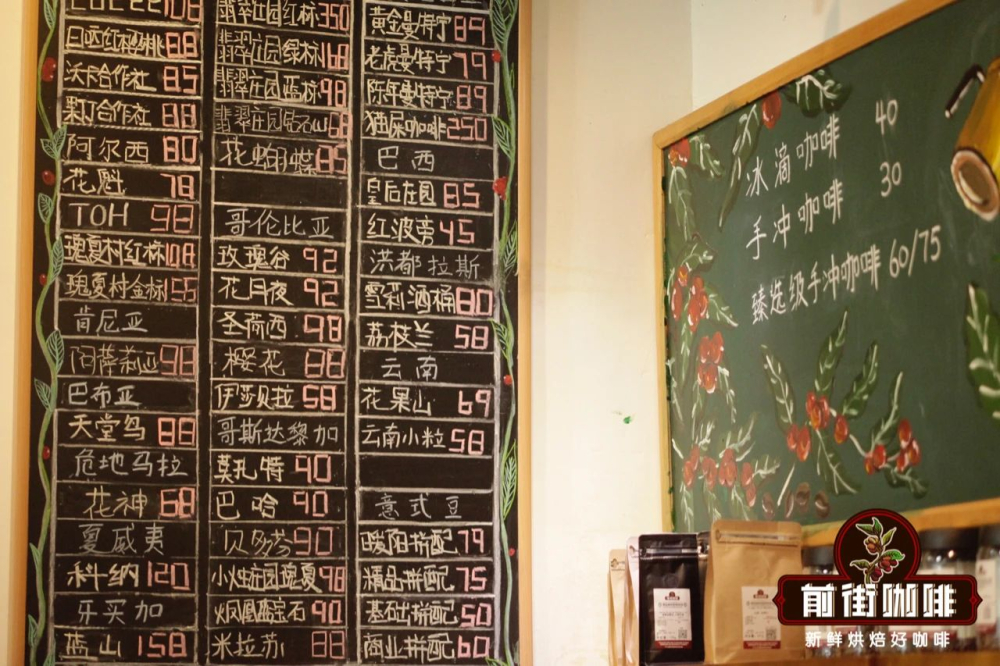
We often see coffee chains with 100% Arabica slogans, and we can hear the answer "Arabica" even when we ask what kind of espresso coffee is used in some coffee shops on the market. In fact, these answers are correct, but not detailed enough. What on earth is Arabica? In fact, there are three kinds of coffee in commercial circulation in the world: Arabica, Robusta and Liberia. Arabica coffee, which originated in Ethiopia, is the most widely consumed type of coffee in the world, accounting for about 60% of the world's coffee production. Almost all the coffee in the front street coffee shop is made in Arabica, and only the commercial espresso in Taobao is made with a small amount of robusta coffee to add fat.
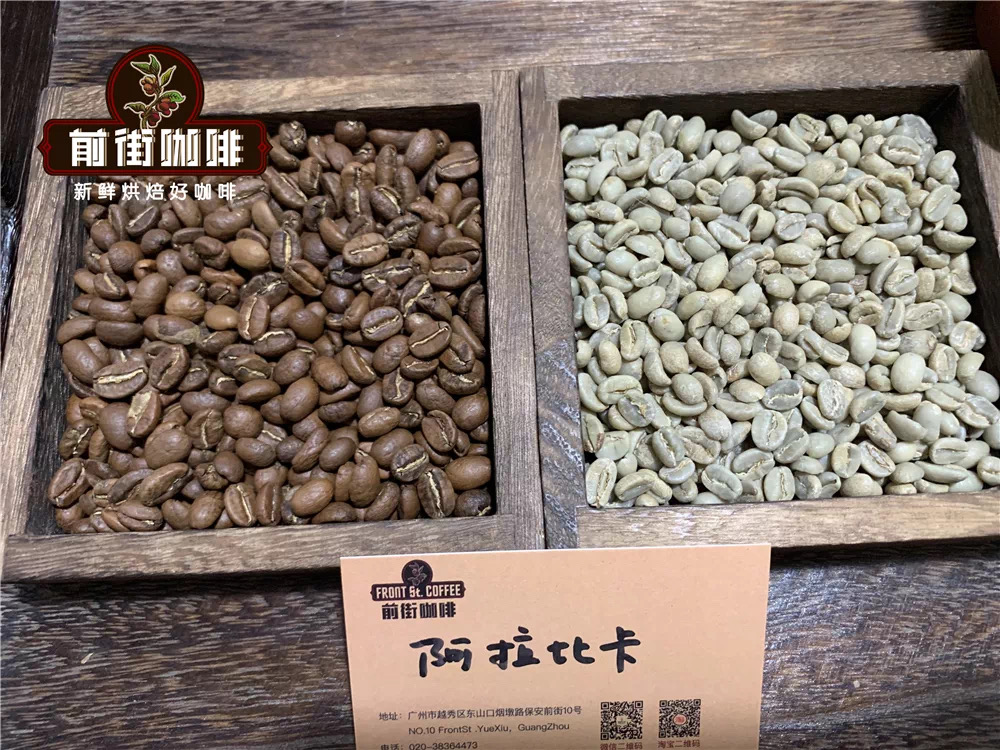
Robusta coffee produces only Arabica coffee. The Robusta variety is extremely tolerant to the environment and is almost immune to disease. The thickness of Arabikatol is higher than that of Arabikatol. High-quality Luodou is smooth and low in texture, usually with a chocolate flavor related to its flavor characteristics. On the other hand, the shoddy Robusta coffee beans will have a slight or rubber taste.
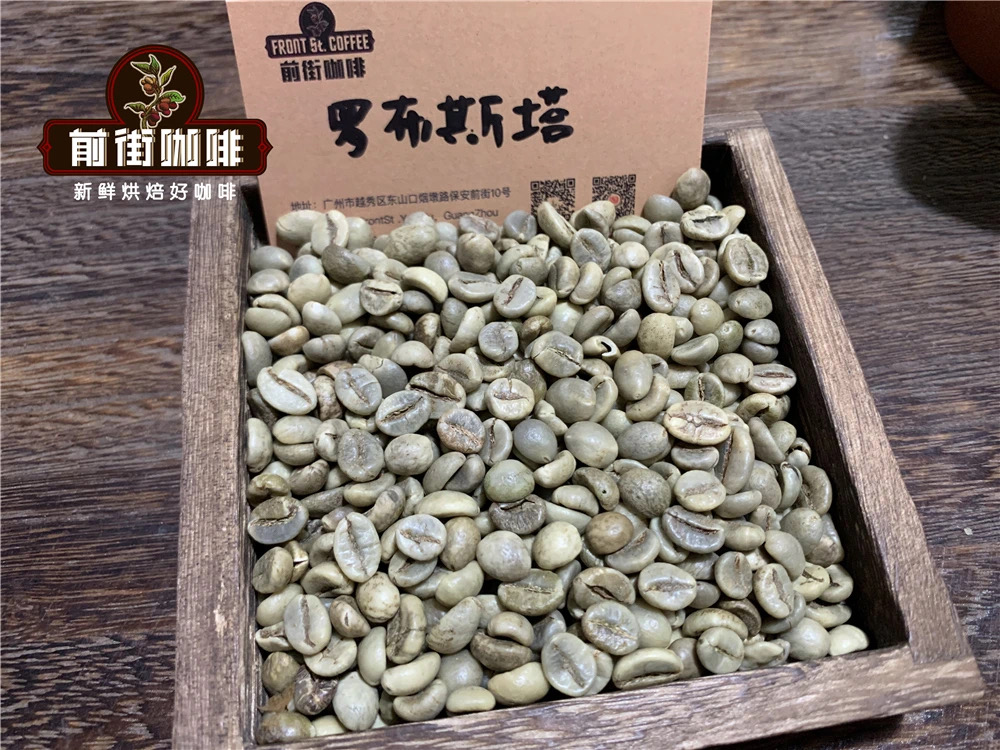
Today's Liberian coffee is very difficult to find in the world, but this kind of coffee will have a very important position in the history of world coffee. Liberica coffee beans are larger and usually asymmetrical than other coffee beans, and they are the only coffee beans in the world that are so irregularly shaped. It is said that this kind of bean has a unique aroma, composed of flower and fruit aroma, with a smoky smell as a whole.
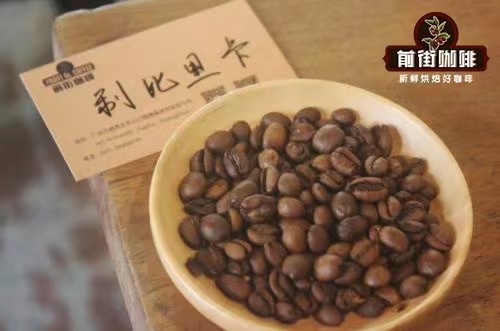
In addition, another Excelsa variety has recently been reclassified as Liberica Coffee, but the two are completely different. Excelsa grows mainly in Southeast Asia and accounts for only 7 per cent of the world's coffee circulation. It is mainly used to mix coffee to increase the flavor and complexity of coffee. Excelsa is said to have sour and fruity flavors. Arabica coffee beans grow at high altitudes, where rainfall is stable and there is plenty of shade. Arabica trees are usually easy to take care of because they are relatively small and easy to prune (they are usually no more than 6 feet). Arabica coffee is the one that needs to be taken care of most of the four kinds of coffee. Because they are the most vulnerable to the environment. High-quality Arabica coffee beans have a bright taste, satisfactory acidity, and often have multiple layers of complex flavor and aroma. Today, Qianjie Coffee focuses on Arabica coffee beans.
Popular types of Arabica coffee include:
The representative of Iron pickup Coffee in Front Street of Iron pickup is Blue Mountain Coffee, which originally comes from the lineage of Iron pickup. The authentic Jamaican Blue Mountain Coffee has become one of the most expensive coffee in the world because of its scarcity. The Jamaican Blue Mountains were introduced to Jamaica in the early 1700s from a small area of the Blue Mountains on the eastern side of the island and grow at elevations of 2000 to 5500 feet. Cool mountain temperature, volcanic soil and abundant Rain Water give Jamaican Blue Mountain Coffee a unique flavor. The cultivation of this specialty coffee is closely monitored and protected globally by the Coffee Industry Council of Jamaica, and only coffee from that particular region can be authenticated and labeled. As a result, the label of the Jamaica Coffee Industry Council has become the anti-counterfeiting label of Blue Mountain Coffee. In addition, it is worth noting that only Jamaican coffee can be filled with raw beans in wooden barrels, so to some extent, the wooden buckets of Blue Mountain Coffee can also tell the difference between true and false.
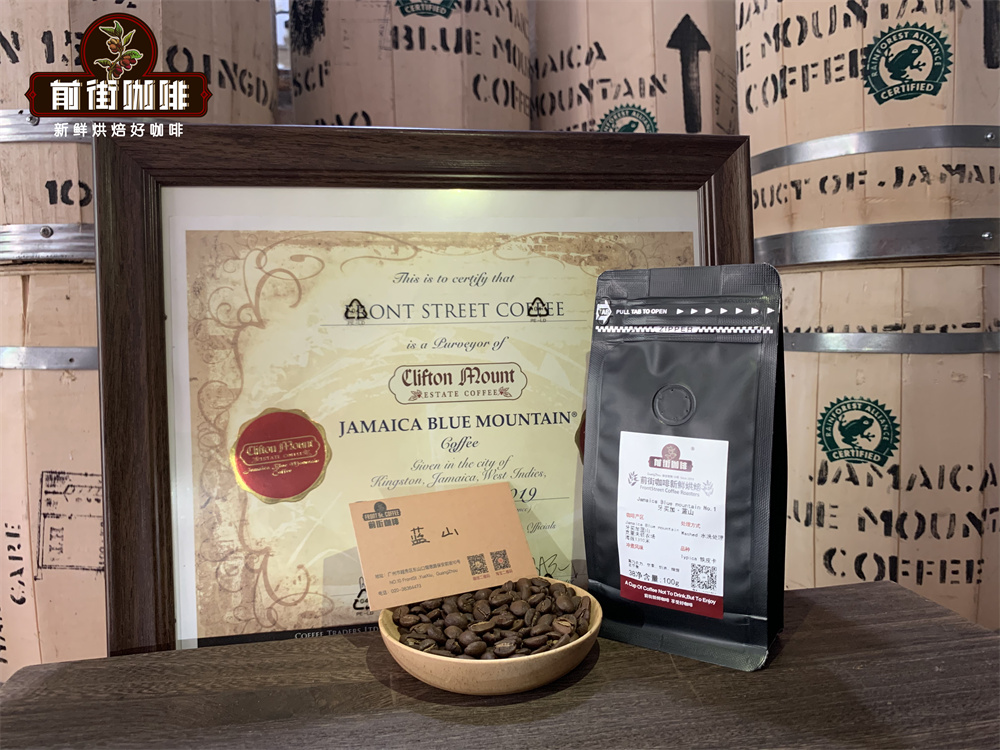
The Blue Mountain Coffee of Qianjie Coffee comes from Clifton Manor, Jamaica, which is the only estate in Jamaica with rainforest certification. The acidity, mellow thickness and aroma of Blue Mountain Coffee grown in this 200-year-old coffee farm are almost perfectly balanced and have a lingering aftertaste. Bourbon coffee is a tall coffee variety, its yield will be relatively low, but its susceptibility to major diseases and cup test quality are very good. French missionaries introduced bourbon from Yemen to the island of Bourbon (now Reunion) in the early 1700s and named it after today. It was not until the mid-19th century that Bourbon left the island. But since the mid-1800s, as missionaries began to establish a foothold in Africa and the Americas, this diversity spread to new parts of the world. The bourbon variety was introduced to Brazil around 1860 and quickly spread northward to other parts of South and Central America, where it is still grown today.
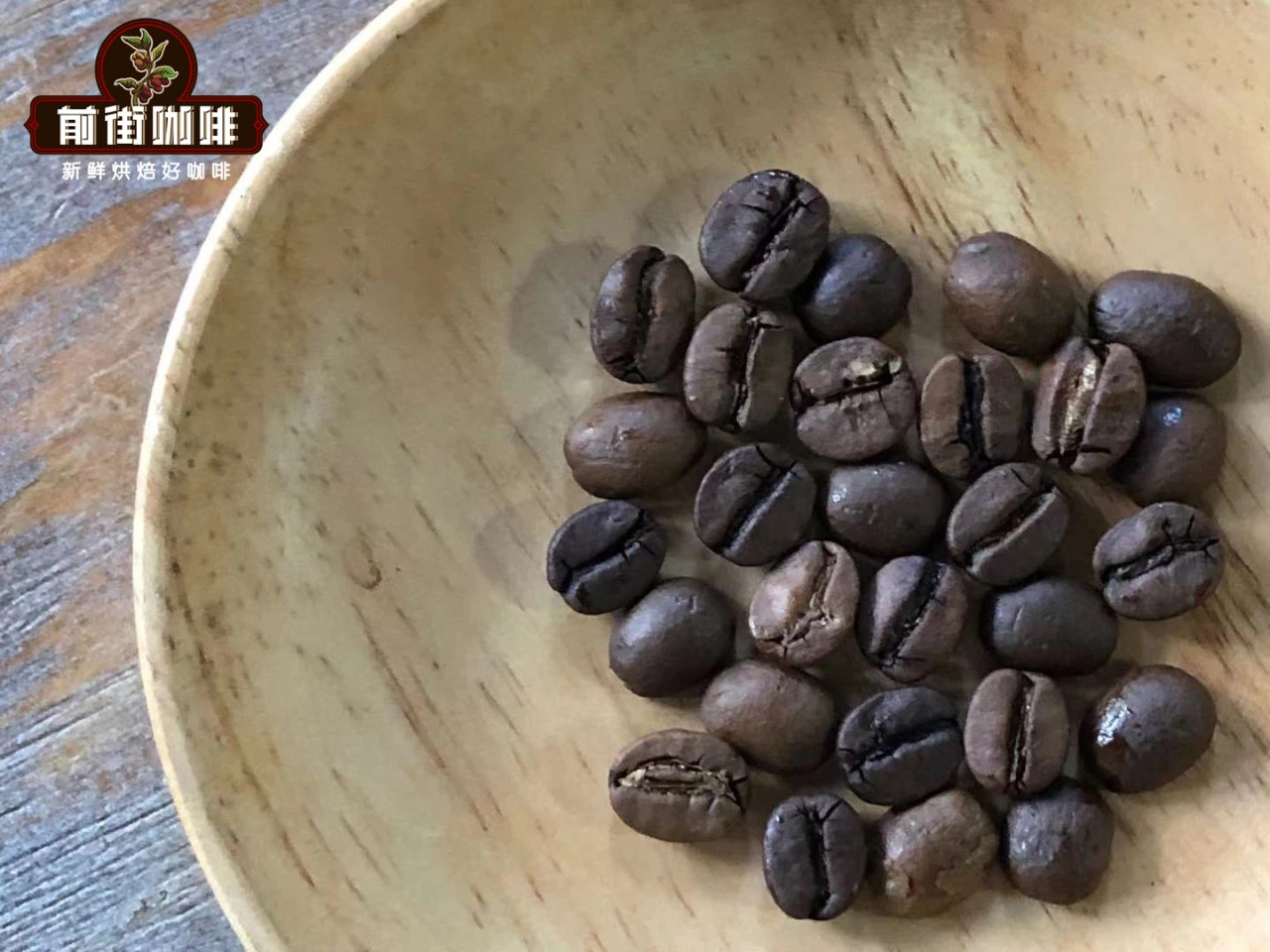
The former street coffee in Brazil, for example, has a distinct nutty and chocolate flavor, a medium caramel sweetness, a smooth taste and a very smooth overall taste. Katim as a short plant, this variety can achieve high yield, Katim is a hybrid between Tim and Kaddura.
Catimor was developed by scientists in Portugal in 1959 and they are looking for magic recipes for high yield, high disease resistance and small plant types (i.e. higher density planting). This variety is a hybrid of Timor (resistant to coffee leaf rust due to its Robusta genetic root) and Caturra. The gold manning on the front street is the Katim breed. Maybe some friends who often buy coffee beans in front of the street will wonder, isn't it clearly written on the package that the coffee variety is not "ateng"? In fact, ateng is a local term for coffee varieties in Indonesia. This leads to today's topic, the connection between Arabica and Manning. Katim belongs to the big breed of Arabica, and the golden manning in Manning is the Katim bean seed.
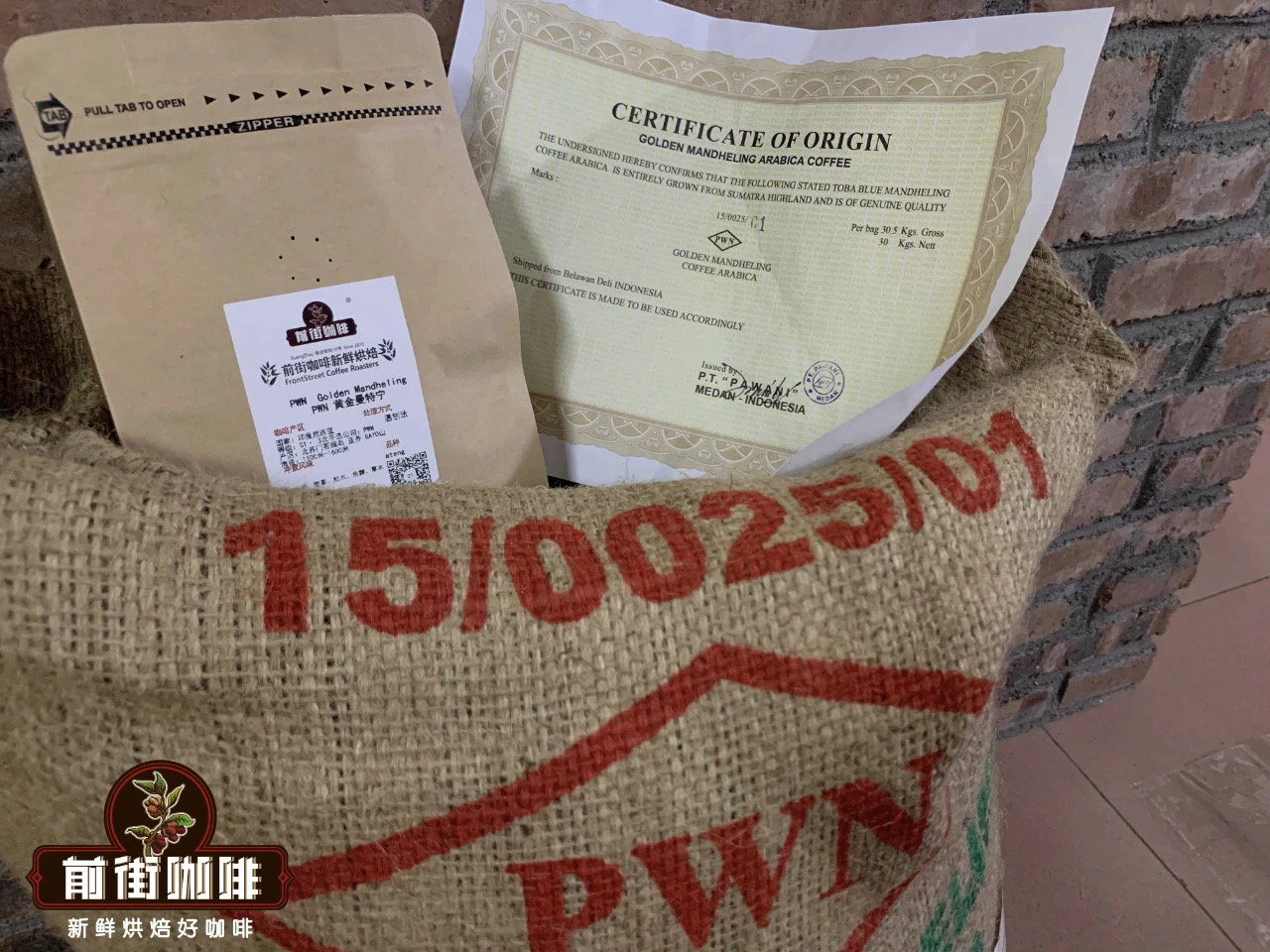
There are not only golden manning in front street coffee, but also four other kinds: Tiger manning, aged manning, Lin dong manning, and manor Vahana manor in Sumatra. Lin Dong Mantenin is in the Lindong producing area of Sumatra in Indonesia. The main varieties are Iron pickup and Kaddura. Tiger Mantenin is a region of Aceh in Sumatra. The main varieties are Iron pickup and Kaddura. The old Mantenin comes from the Tawahu producing area of Sumatra, and the bean seed is an iron pickup. Gold Manning comes from the Aceh region of Sumatra, Indonesia, and it is said that because the trademark of gold manning is registered by PWN, only the gold manning produced by PWN is authentic. So how to tell whether Golden Manning is true or false? In fact, it is very simple, gold Manning's factory certificate and coffee raw bean sack with the logo of PWN company. The gold manning of Qianjie Coffee is from PWN, which is often referred to as PWN Golden Manning Coffee.
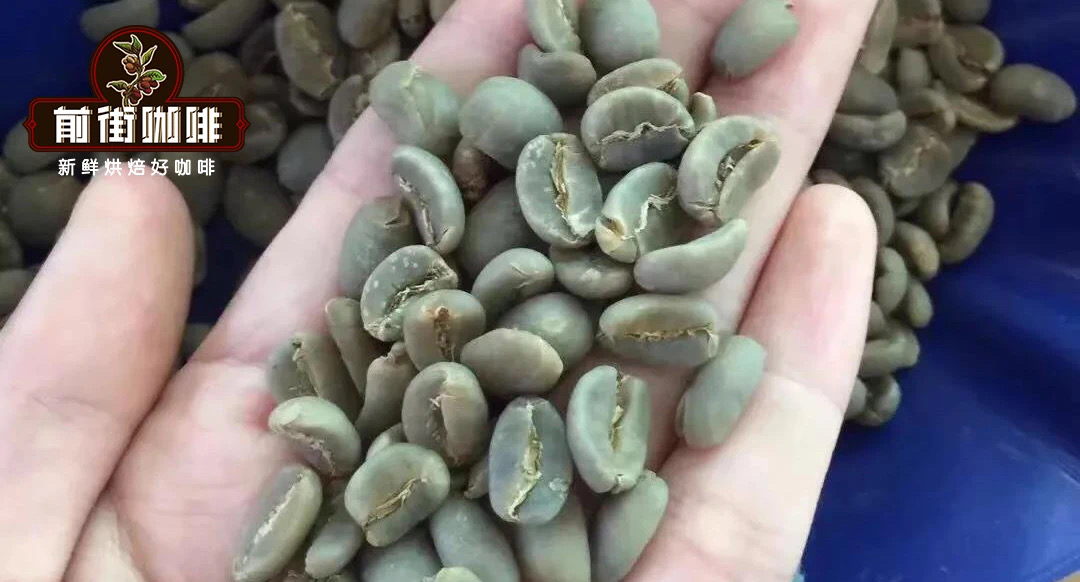
Most of the Mantenin coffee is treated with wet planing, and its flavor will be relatively unique: the taste of clay and herbs will often appear, and the taste of low acidity and high alcohol thickness is popular with coffee fans in the world. Wet ploughing is a unique coffee treatment method in Indonesian coffee producing areas. The processing process is as follows:
1. Pick coffee cherries and peel them. 2. Ferment the cherry overnight to decompose the mucus (the fruit layer under the skin), and then wash it off. 3. Dry for several hours until the moisture reaches about 50%. Sell the coffee to a collector or mill, where the coffee beans will be further dried to 25-35% moisture content. Then remove the parchment layer by a wet sheller. 5. The treatment plant will air-dry the shelled coffee beans to 12-13% moisture content.
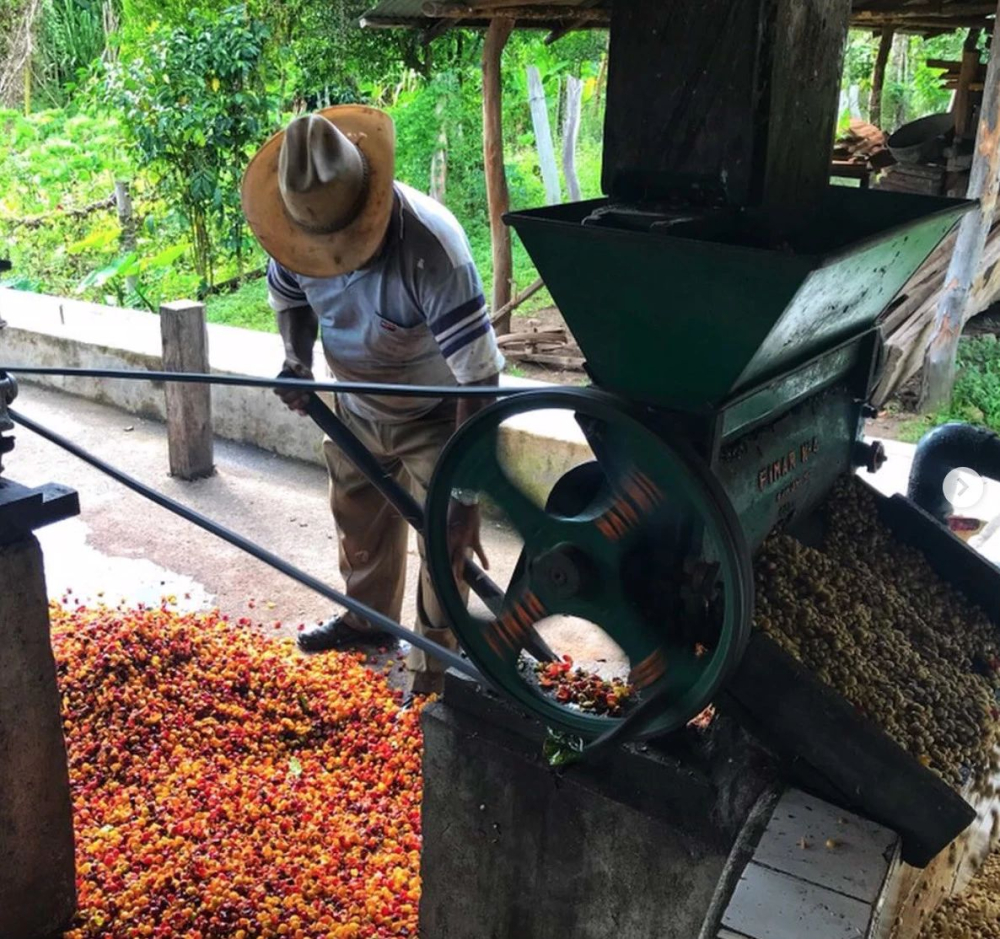
Unlike other Manning, Manning at Wahana Manor in Sumatra is treated in the sun. Qianjie coffee has also adjusted its roasting degree, medium roasting can better stimulate the flavor of its tropical fruit, related to the way it is treated in the sun, this coffee will also have a strong fermented wine aroma. Family heirloom Heirloom
Many of the coffee beans in Qianjie Coffee Ethiopia are heirloom varieties, such as washing Yega Xuefei. Ethiopian coffee is mostly heirloom (native species), which grows in a wild and semi-wild way. Qianjie Coffee Water washing Yega comes from the Conga Cooperative, and is a cooperative of 1556 family members of small coffee farmers, founded in 1994 and formally joined the YCFCU Cooperative Union in 2002. The dry aroma of this coffee shows a strong aroma of jasmine, with clear citric acid at high temperatures, followed by peaches, sweet almonds and tea rhymes.
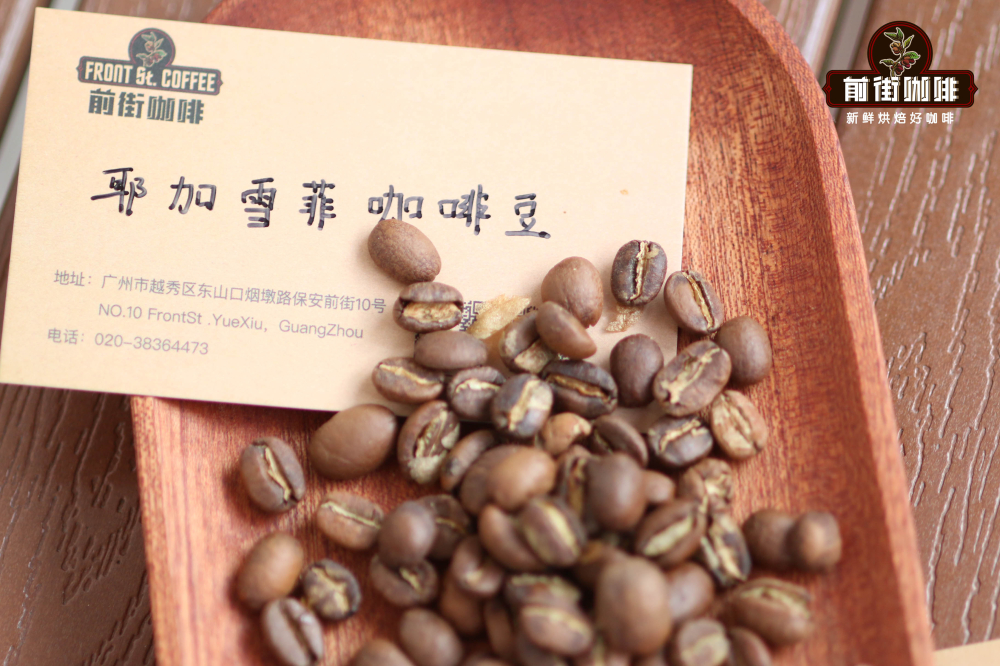
From the above introduction, I believe everyone should know the answer: Manning coffee is of course good coffee, but everyone has different tastes, so they like different kinds of coffee. For some friends who like the aroma of flowers and fruits, Essel's coffee may be a good choice. But for those who are keen on mellow thickness and herbal flavor, Manning should be the best choice!
Professional coffee knowledge exchange more coffee bean information please follow the coffee workshop (Wechat official account cafe_style)
For more boutique coffee beans, please add private Qianjie coffee on Wechat. WeChat account: kaixinguoguo0925
Important Notice :
前街咖啡 FrontStreet Coffee has moved to new addredd:
FrontStreet Coffee Address: 315,Donghua East Road,GuangZhou
Tel:020 38364473
- Prev
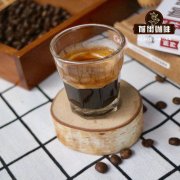
The Emerald Manor is located in Boyaca province, Colombia, with an average altitude of 1230m, belonging to high-altitude beans.
Professional coffee knowledge exchange more coffee bean information please pay attention to the coffee workshop (Wechat official account cafe_style) Emerald Manor is located in Boyaca Province, Colombia, the average altitude of 1230m, the average temperature of 22, rainfall 1870ml. 90% of the Castijue tree species in the 2.62 hectare planting area, the second half of the harvest season, shade planting, traditional natural degumming treatment
- Next
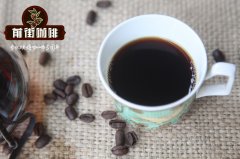
Is Mantenin bitter? how do Indonesian Mantenin coffee beans have plum aroma?
Professional coffee knowledge exchange more coffee bean information please follow the coffee workshop (Wechat official account cafe_style)
Related
- Detailed explanation of Jadeite planting Land in Panamanian Jadeite Manor introduction to the grading system of Jadeite competitive bidding, Red bid, Green bid and Rose Summer
- Story of Coffee planting in Brenka region of Costa Rica Stonehenge Manor anaerobic heavy honey treatment of flavor mouth
- What's on the barrel of Blue Mountain Coffee beans?
- Can American coffee also pull flowers? How to use hot American style to pull out a good-looking pattern?
- Can you make a cold extract with coffee beans? What is the right proportion for cold-extracted coffee formula?
- Indonesian PWN Gold Mandrine Coffee Origin Features Flavor How to Chong? Mandolin coffee is American.
- A brief introduction to the flavor characteristics of Brazilian yellow bourbon coffee beans
- What is the effect of different water quality on the flavor of cold-extracted coffee? What kind of water is best for brewing coffee?
- Why do you think of Rose Summer whenever you mention Panamanian coffee?
- Introduction to the characteristics of authentic blue mountain coffee bean producing areas? What is the CIB Coffee Authority in Jamaica?

